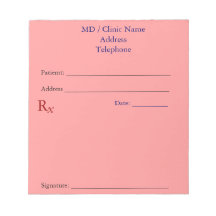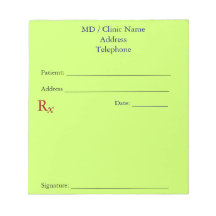Like in person visits, documentation in the medical record in order to substantiate a code that is submitted for reimbursement is required. An additional item to include when doing a telehealth visit is the type of communication utilized – audio only or audio/video. This makes a difference in terms of the code(s) submitted, as well as the reimbursement. On August 10, 2022, the U.S. Department of Health and Human Services (“HHS”) announced its telehealth policy changes when the COVID-19 public health emergency ends. Currently, the COVID-19 public health emergency is effective through October 13, 2022. If the public emergency is not extended, there is 151-day extension period in place to provide a transition period. Here are some key considerations:
Medicare patients can now receive telehealth services, including audio-only services for mental/behavioral healthcare in their homes in any part of the country if certain conditions are met.
Increased flexibility regarding where the patient receives Medicare telehealth services, as well as where the services originate will revert back to match the restrictions that were in place prior to the COVID-19 public health emergency.
- Medicare reimbursement for mental health telehealth services will again require an in-person visit within 6 months of initial assessment and every 12 months following.
- Medicare reimbursement for telehealth visits furnished by physical therapists, occupational therapists, speech language pathologists, and audiologists will no longer be allowed.
- Medicare will no longer cover audio-only visits for physical health encounters.
- FQHCs and RHCs will no longer be able to be reimbursed as distant site telehealth providers for non-mental health services.
Another area that cannot be overlooked is HIPAA compliance for providers and cybersecurity protections for both providers and patients. On September 29, 2022, the Government Accounting Office (“GAO”) issued a report, Medicare Telehealth – Actions Needed to Strengthen Oversight and Help Providers Educate Patients on Privacy and Security Risks. The top four recommendations, which affect CMS, HHS Office for Civil Rights, providers, and patients include the following:
- CMS – providers should be required to use available site of service codes to indicate when Medicare telehealth services are delivered to beneficiaries in their homes.
- CMS – should assess the quality of Medicare services, including audio-only services, delivered using telehealth.
- HHS-OCR – should provide additional education, outreach, or other assistance to providers to help them explain the privacy and security risks to patients in plain language when using video telehealth platforms to provide telehealth services.
Finally, providers need to check individual state laws and policies regarding telehealth and providing telehealth across state lines. In sum, there is a lot to stay on top of in relation to telehealth.
15% Off Medical Practice Supplies
VIEW ALL
 Manual Prescription Pad (Large - Yellow)
Manual Prescription Pad (Large - Yellow) Manual Prescription Pad (Large - Pink)
Manual Prescription Pad (Large - Pink) Manual Prescription Pads (Bright Orange)
Manual Prescription Pads (Bright Orange) Manual Prescription Pads (Light Pink)
Manual Prescription Pads (Light Pink) Manual Prescription Pads (Light Yellow)
Manual Prescription Pads (Light Yellow) Manual Prescription Pad (Large - Blue)
Manual Prescription Pad (Large - Blue)__________________________________________________
Appointment Reminder Cards
$44.05
15% Off
$56.30
15% Off
$44.05
15% Off
$44.05
15% Off
$56.30
15% Off













No comments:
Post a Comment